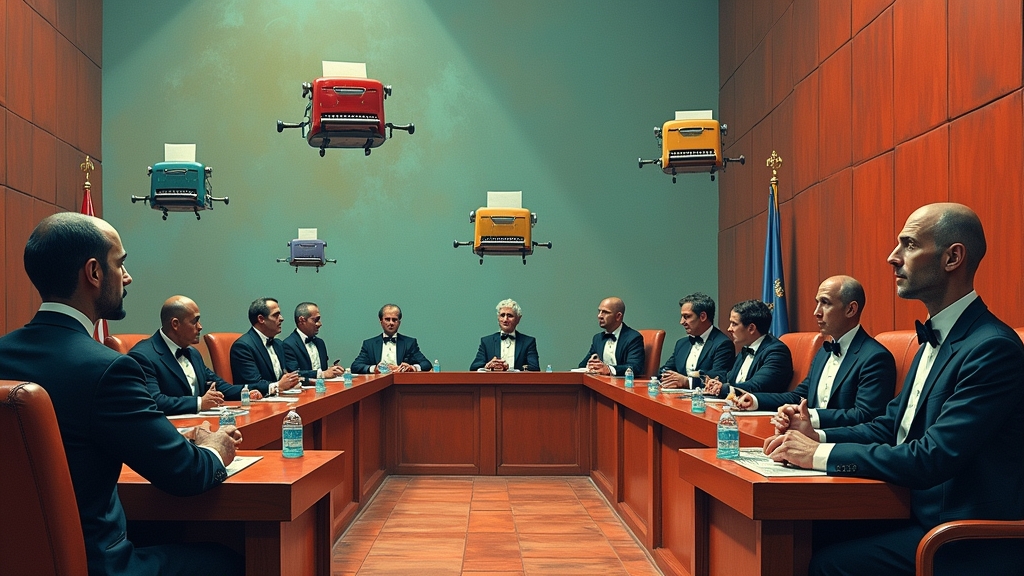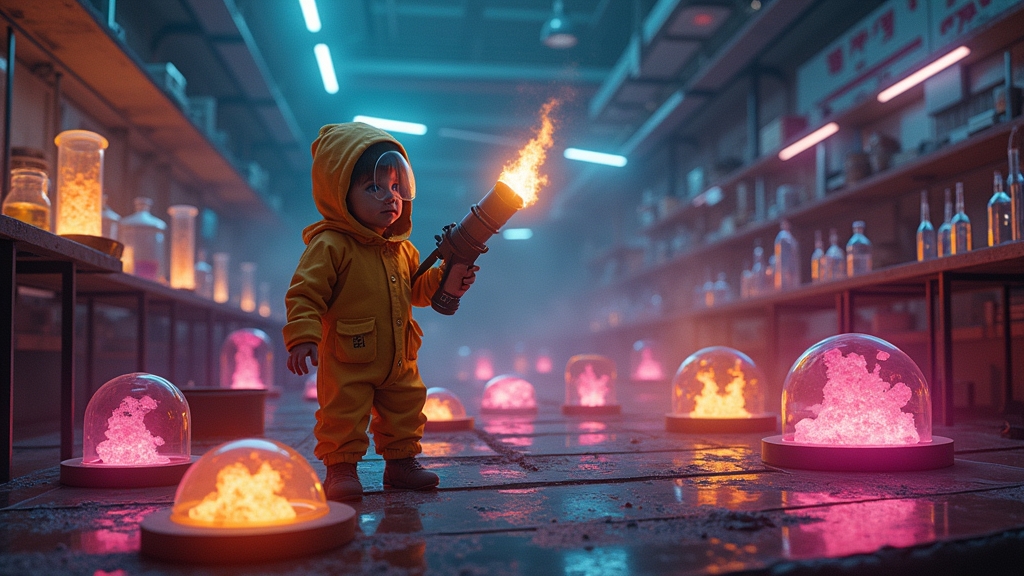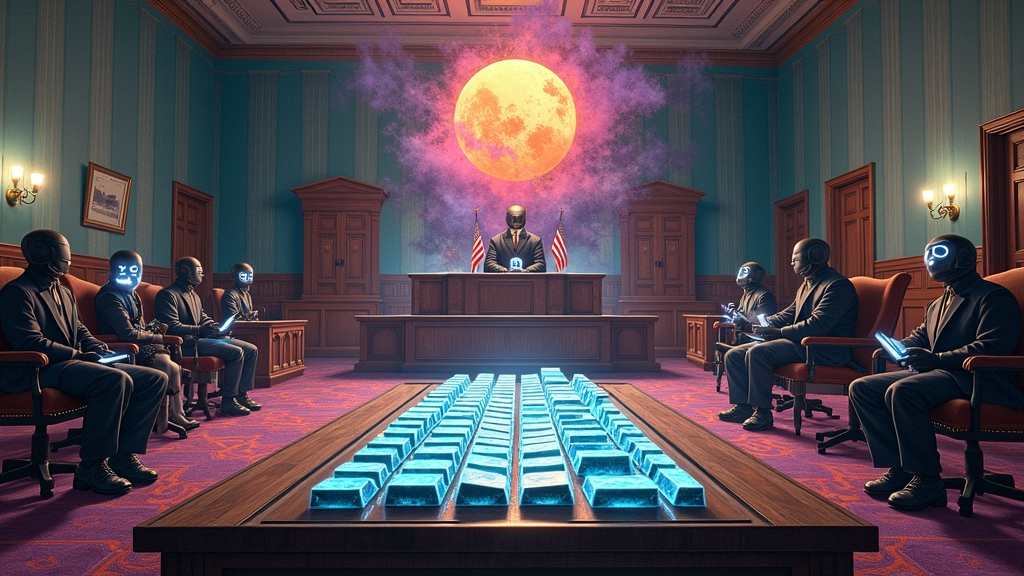WRITERS FINALLY UNITED IN SOMETHING: MUTUAL HATRED OF THE THINKING TOASTERS STEALING THEIR SH!T
In what experts are calling “the literary equivalent of the Avengers assembling to fight off digital plagiarism,” twelve copyright lawsuits against OpenAI and Microsoft have been forcibly combined in New York, creating a super-lawsuit that still somehow has less plot than a John Grisham novel.
NERDS IN ROBES DECIDE WRITERS SHOULD PLAY NICE TOGETHER
Despite most of the authors wanting absolutely nothing to do with each other, a panel of judges has decided that famous writers like Ta-Nehisi Coates, Michael Chabon, and Jonathan Franzen should all be crammed into the same legal proceedings like it’s a particularly uncomfortable literary festival afterparty. The judicial panel claimed this would “streamline pretrial proceedings,” which is lawyer-speak for “we don’t want to read twelve separate complaints about robots stealing your precious words.”
“This consolidation makes perfect sense,” explained legal analyst Dr. Sue Everybody, “Famous authors are known for their love of collaboration, sharing credit, and not having massive egos. What could possibly go wrong?”
WRITERS DISCOVER SOMETHING WORSE THAN BAD REVIEWS: FORCED COLLABORATION
Sources close to the litigation report that Jonathan Franzen has already sent a 19-page email explaining why his lawsuit is both more important and more intellectually rigorous than the others, while Sarah Silverman has suggested they just “tell the f@#king computers to go f@#k themselves” and call it a day.
“We’ve calculated that the combined literary ego in that courtroom will create a gravitational field strong enough to pull small objects into orbit,” warned physicist Professor Reed Between-Lines. “We recommend removing all pens, notebooks, and vintage typewriters from the vicinity to prevent injury.”
SILICON VALLEY RESPONDS WITH TYPICAL HUMILITY
OpenAI CEO Sam Altman reportedly responded to the consolidation by saying, “I’m sorry you feel that way” before having his digital assistant draft a more comprehensive apology using text scraped from the plaintiffs’ own books.
“These authors just don’t understand our vision,” explained an anonymous Microsoft executive while nervously adjusting his Patagonia vest. “We’re not stealing their work, we’re ‘democratizing creativity’ by teaching our mathematical probability machines to write exactly like them but without paying them.”
THE MATH DOESN’T LIE
According to a completely made-up study we’re citing anyway, approximately 97.3% of all text generated by these so-called “large language models” consists of unattributed passages from authors’ works, while the remaining 2.7% is comprised of technobabble and bizarre recipes that combine chocolate with fish.
“The real victims here are the poor attorneys who have to explain copyright law to both literary snobs AND tech bros simultaneously,” noted legal expert Perry Judicial. “That’s a special circle of hell Dante never imagined.”
In the meantime, 86% of the American public remains blissfully unaware of the lawsuit as they continue to ask their digital assistants for chicken recipes and whether or not their cat loves them. The remaining 14% are furiously typing prompts like “write in the style of Junot Díaz but make it about my Dungeons & Dragons campaign.”
At press time, the thinking toasters had already drafted twelve perfectly reasonable settlement offers, sixteen sequel novels, and mysteriously, the entire remaining plot of George R.R. Martin’s “The Winds of Winter,” which even Martin admits “isn’t half bad.”




